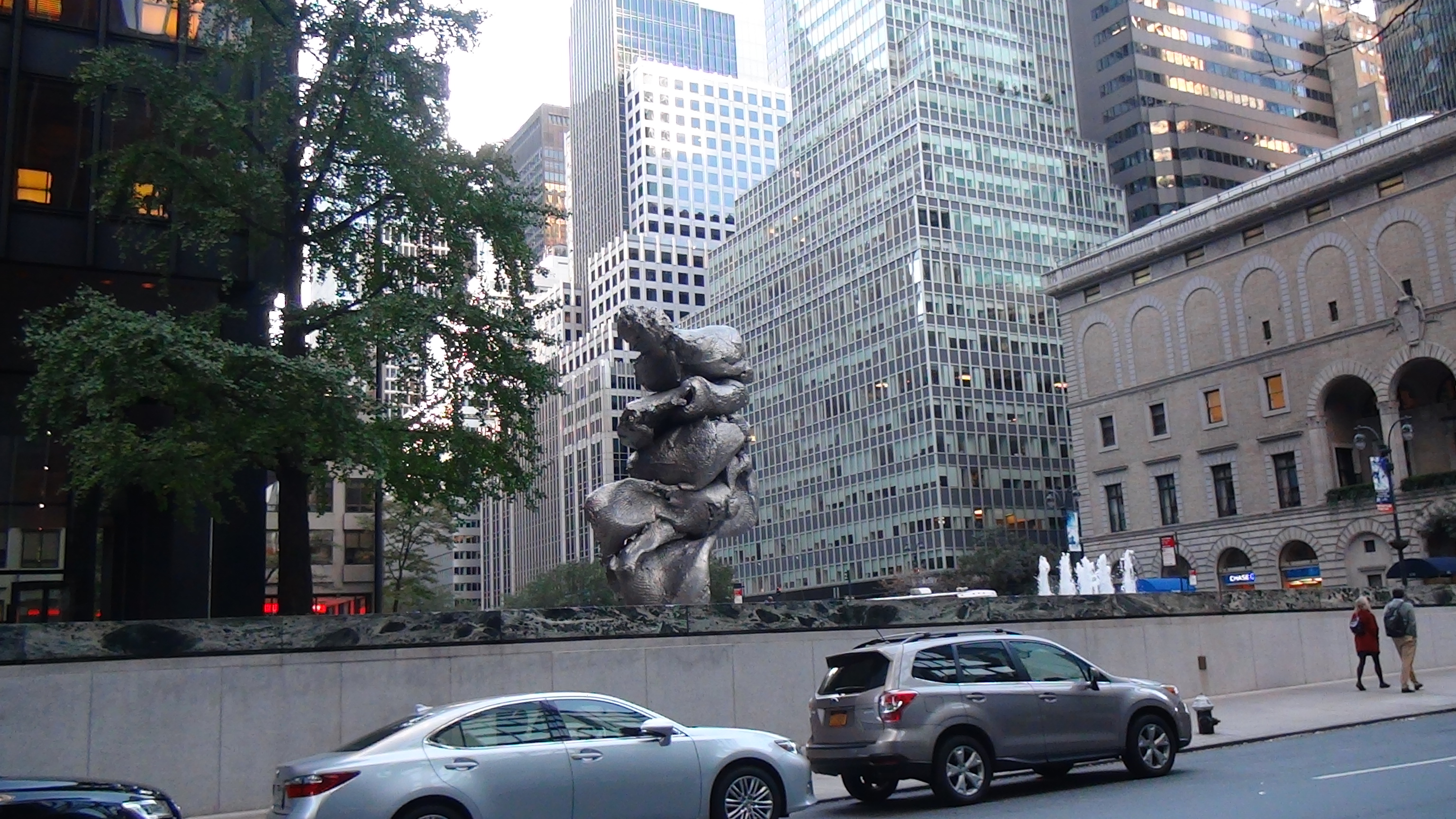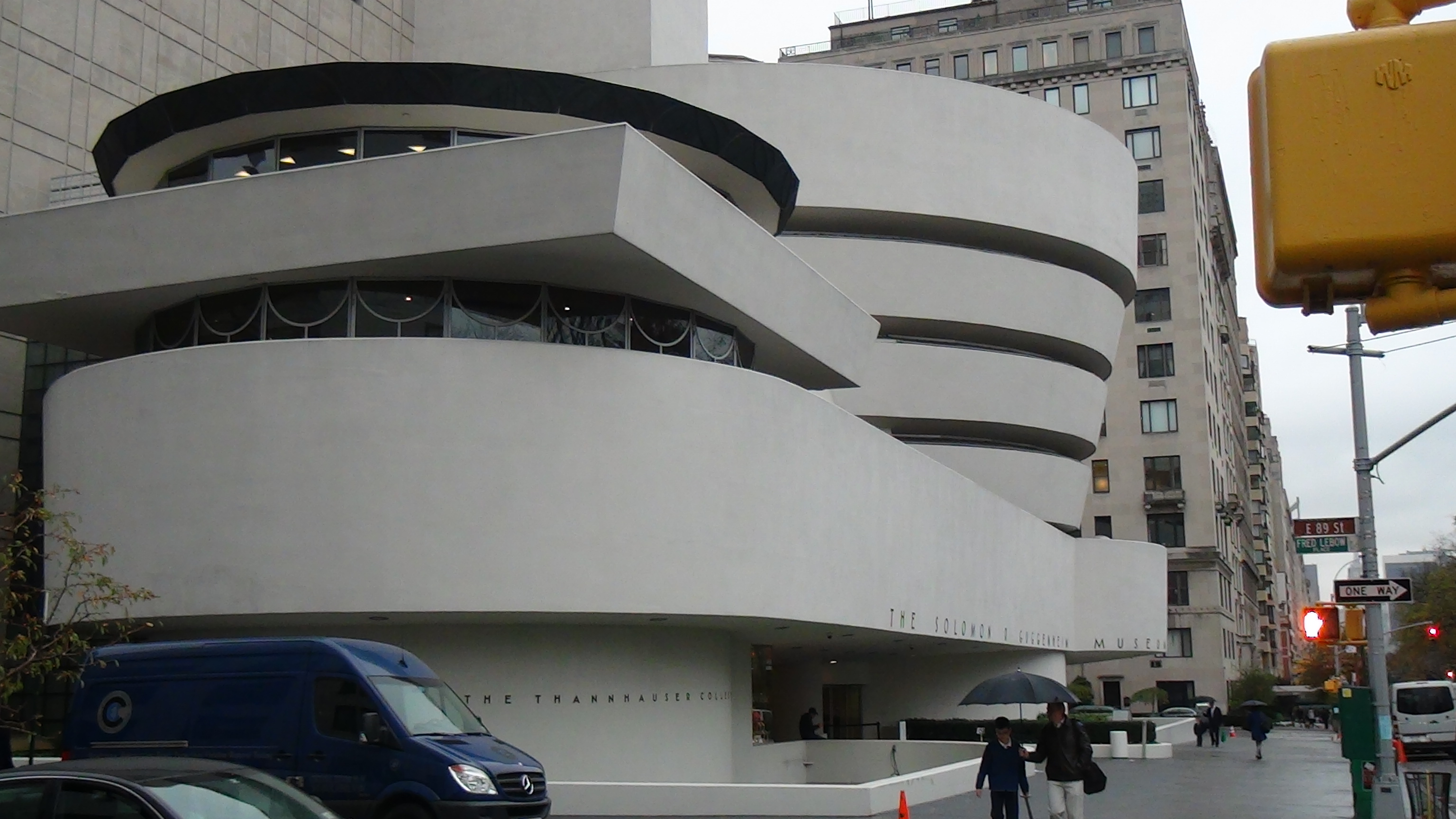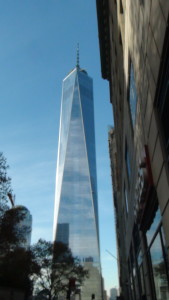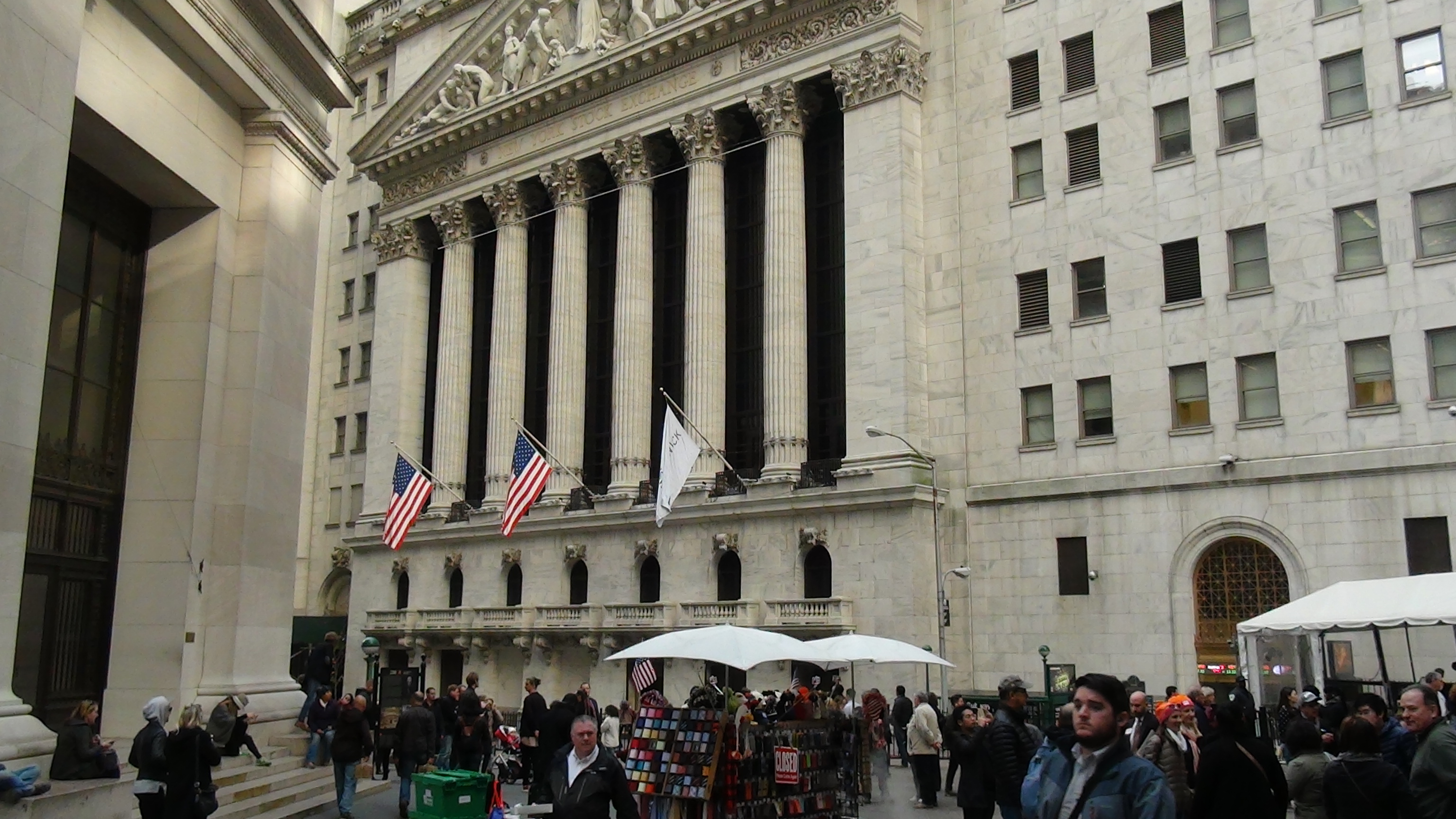Guanxi
December 3, 2015 by admin_name
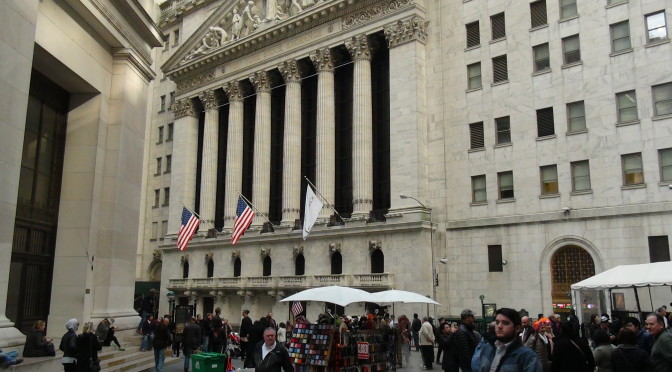
An Uncertain Future For America
I2Q December 2015 editorial
www.ink2quill.com
I was in New York City for a few days and wondering how people felt about the state of our country. How was our economy doing from the point of view of New Yorkers? How were we changing culturally? And finally what further changes were headed our way in post 9-11 America? Now some say that New York City is too extreme an example to use. After all, there is extreme wealth, opportunity and talent as well as poverty and an economic crisis that has caused a slide downward in the standard of living for most people. Others say that New York City is a perfect example because of its glaring extremes.
Walking around I noticed that major business centers like Times Square, the museums, tourist attractions and parks were still bustling with activity. There were still long lines for Broadway shows and ticket prices were still higher than ever for those who bought tickets at the last minute. I still got into the Metropolitan Museum of Art for the change in my pocket and waited on a line in the rain to get into the Guggenheim Museum.
You also have unprecedented construction of high rise buildings in Manhattan. The skyline isn´t just centered around 1 World Trade Center, or even the Empire State Building, Chrysler Building, Citicorp anymore. New York City, mainly Manhattan, is experiencing a construction trend to build up, up, up. For example 432 Park Ave. stands at 425.5 m tall and is the tallest residential building in the Western Hemisphere. It´s taller than the Empire State Building but shorter than 1 World Trade Center. Rumor has it that more such residential skyscrapers are due to sprout in midtown by 2018. It´s important to mention that these neighborhoods are expensive to live in.
I spoke with people in retail, fashion and finance and they all said that there was a shrinking of the job market for people in the low tier jobs and some middle tier to upper tier jobs due to automation. For example many stores have replaced their work force of 10 to 15 per store to 1 or 2 plus check out machines. So now a row of check out machines replaced a row of people. When I went to Banana Republic and Men´s Warehouse I saw some older employees too who had lost their jobs in finance. Apparently finance jobs are harder to come by too. People who were making six figures are now competing for jobs that pay much less.
Another example of how automation is replacing jobs while increasing company profits was in Yahoo finance news on November 16th, 2015. Boeing, the world´s largest plane maker, has replaced 1/3 of its workforce with automation. This has increased profits as the plane giant produced 20% more than during their boom in the 1990s while cutting costs through worker lay-offs. So production and profits soar while employment falls. We see this is a trend in auto plants, textile mills and other factories all across America. These are jobs that pay a live-able wage that are disappearing.
But when you go into cafe shops, train stations, restaurants or anywhere you have people waiting you´ll see everybody is connected. Whether it´s with a smart phone, tablet or laptop people are texting or staring at their screens. This is both good and bad because people will have the chance to be better informed and read more. Or play more. I have to think this is a good thing though as long as it isn´t only a distraction.
One disturbing trend is the lack of access we the people have to our monuments. For example, the Stock Exchange is closed to the public. You have to be invited to get in. No more tours and there´s a guarded fence around it. A guard working the fence told me that there was a real atmosphere of restriction in New York City. He said that they kept ratcheting up the pressure and restrictions on people. Personally I think that having your bags checked in the subway is a serious civil liberties issue.
So to sum things up it seems that New Yorkers feel the downward slide of the economy more and more. They see it in the job market and in the high rents. They notice that more and more of the economy is subsidized by the government. They see a drop in their standard of living and uncertainty in their future. They pay close attention to the cost of college, pensions, government benefits and the tax laws.
The bottom line is that our society is changing. People will need to have different skill sets, learn at least another language and not rely on pensions or even government benefits to live. We no longer live in an age of job security or even a single career. We live in an age where an individual´s network is more important than ever. It´s what will get you your job, clients or customers. It´s what the Chinese call “Guanxi”. We live in the “Age of Guanxi” and woe onto those that will not accept it.
(Commentary by www.ink2quill.com )
I2Q
Comments
Comments are closed.


